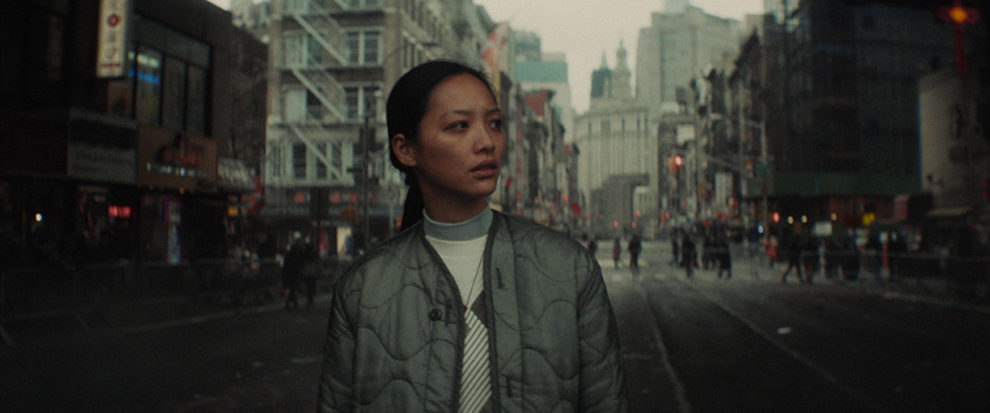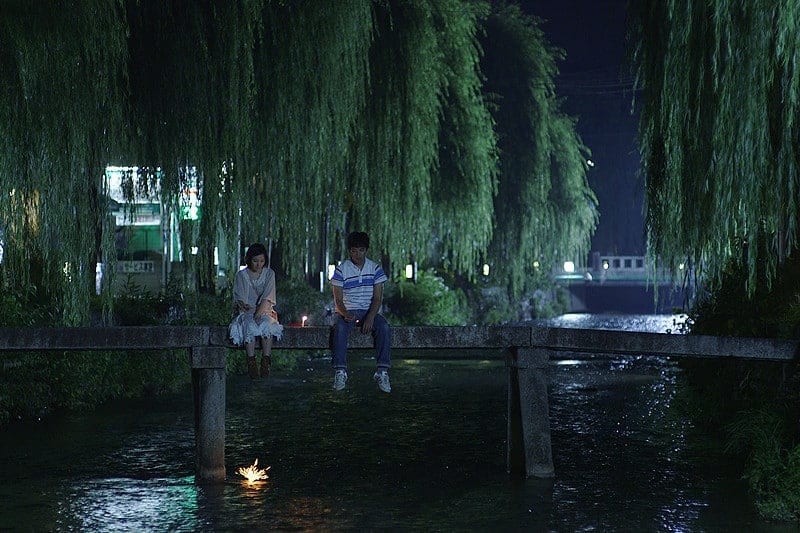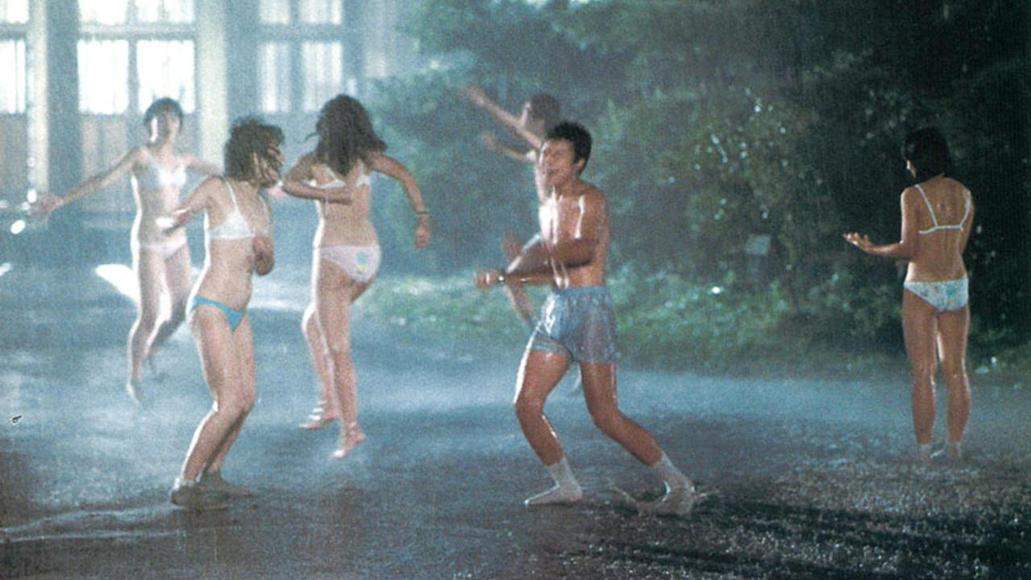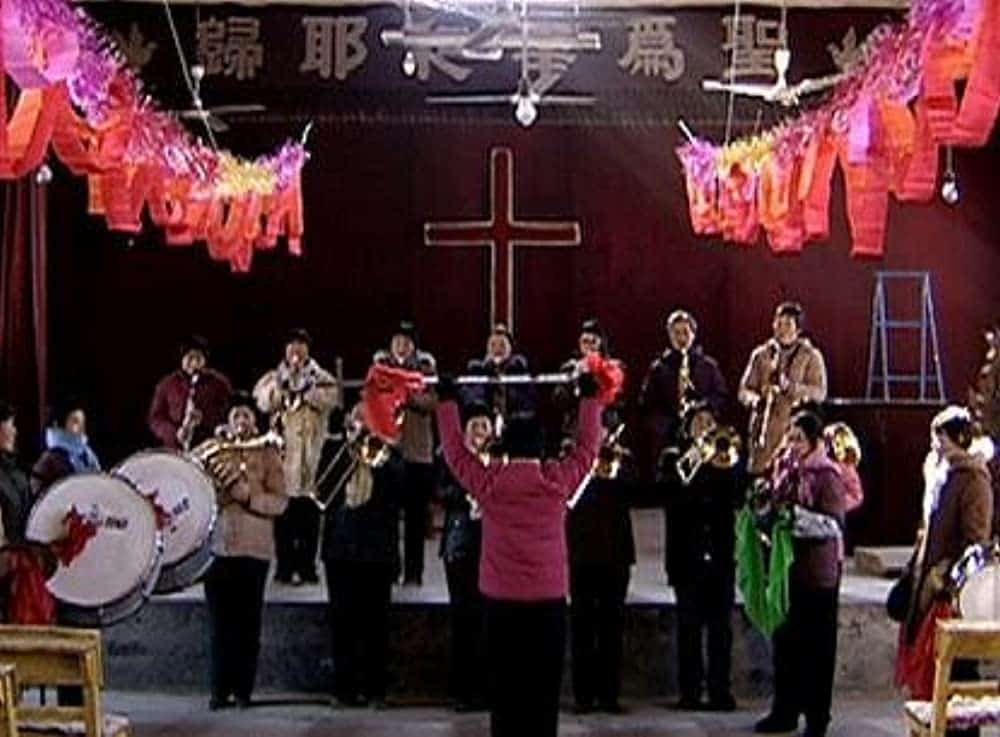After making its festival rounds in California earlier this spring, Evan Jackson Leong's “Snakehead” opened this year's Asian American International Film Festival in New York. The film follows the ever-elusive Sister Tse (Shuya Chang) through the New York Chinatown's criminal underworld. Through shows of unrelenting loyalty in seemingly mundane situations — a dumpling house, a fish shop, and of course a secret torture chamber — she wins the heart of Dai Mah (Jade Wu), the local matriarch and pimp who smuggled her through. Her undying devotion comes at a crossroads, however, when her daughter is endangered. Rife with prostitution, drugs, and violence, “Snakehead” dreams up a visionary thriller sprinkled with hot-button issues and suggestive key words.
Snakehead is screening at Asian American International Film Festival

There's only one catch, however: “Snakehead” is not actually all that… exciting. Certainly, many things happen throughout the movie. One blink of an eye is liable to lose a key pan, a slit throat, an open door. The movie showcases a general display of locations as well — including shots by the Mexican border, a Taiwanese city, and of course, New York itself. Indeed, even the film's very concept — an Asian American narrative rebelling against American assimilation — feels exhilarating. For an Asian American story, this immigrant tale of slipping through legal loopholes instead of edifying them sounds fresh and alluring.
For all the action and adrenaline, however, the film remains uninspiring. It's hard to pinpoint what exactly it is that the film is missing. Is it the lack of suspense? Save for a few trendy tunes, the score remains relatively forgettable. No singular theme emphasizes the film's key scenes; in fact, most of the film is privy to ambient sound and silence. The pacing is difficult to examine as well. The thriller is not tepid — there are sometimes too many moving parts to keep track of — but it is not exactly emphatic on any one scene either. Like a documentary, Leong seems to simply record the horrors on-screen at face value at a lower exposure and colored lighting, and cuts through each scene quickly to get it over with.
Maybe then, this explains why it is so challenging to relate to the characters. Sister Tse, after all, is not entirely a likeable persona. Despite her brief displays of compassion, she seems invincible, if not inhuman; each cut-scene to her smiling past seems irrelevant now. Though she grows more mesmerizing as the movie continues, she remains as inscrutable in the end as she was in the beginning. Her expressions remain unreadable; her movements even more puzzling. Just as she hides her true thoughts from Dai Mah, she distances herself from the audience as well — making her a character difficult to empathize with.
It is doubly trying that we see so little of Dai Mah at her peak. Jade Wu carries herself with an easy charisma, but too little of it is revealed to us on-screen. In her final scene of triumph — when she finally steps out onto a banquet hall in a glittering red and gold dress — the camera shies away from her presence. Despite the hunger for a luxurious, Scorcesese-esque extravagance of “The Godfather,” the film edits out her full plumage. She has little room to gloat, and even less room to express herself. Instead, Leong greets Dai Mah every day in a drab taxicab office clouded over by cigarette smoke – and jeers at her for it. Despite Dai Mah's local reign of terror, Leong reminds the viewer that Dai Mah is an immigrant just like the rest of Chinatown. Her magnetism manifests not in her trappings, but in a free box of groceries.

The lack of sensationalism in “Snakehead” makes it at once engaging and difficult to watch. Leong shrouds the film with a frustrating veil of obscurity that seems to temper the characters' expression and to a degree, the film's own tempo. It misses out on the essence of a thriller — of yoyo-ing the viewer between heart-pounding secrets and full viewer disclosure. Visually speaking, however, the directorial vision remains strong. The lighting is always appropriate to the atmosphere, and the set is suitably grimy. Overall? Leong does well to coordinate his moving parts into a smooth-running machine, even if it isn't a sexy one. “Snakehead” ultimately reads more like a book than it does a film: it leaves more to the imagination than what meets the eye.















